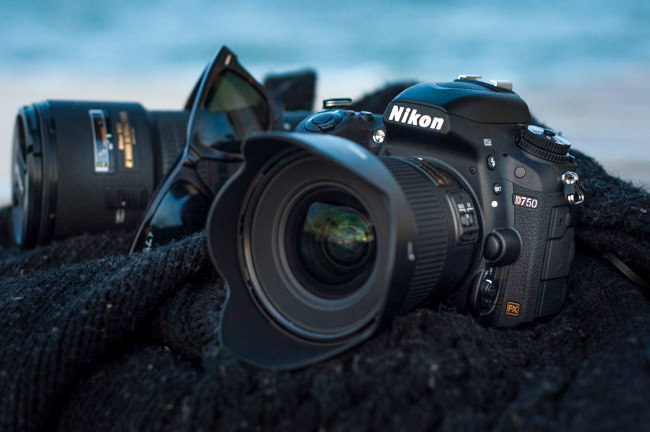
It’s the middle of August, and for those of us North of the equator, and particularly those close to it, it’s the dead of summer. A common photographic affliction during these times and climates are foggy lenses, and if you’ve had a camera for any amount of time you’re likely very familiar with the frustration that causes. The video below discusses how to handle it.
I live mostly in Miami, and the heat and humidity are so oppressive that even the crickets can’t be bothered to sing, and that means air conditioning is generally a convenience we use 24/7. As nice as it is, it also means that temperatures in cars and buildings tends to be a good 25 degrees cooler than the temperature outside, and that’s a recipe for foggy lenses. The moment you step outside the temperature change is so drastic that fog-coated lenses are common.
The problem with foggy lenses is there is no quick fix. That’s the general theme of this video and tips we could provide. The solution to foggy lenses isn’t so much an antidote as a vaccine – it’s preventative. The idea is to plan ahead, and mitigate temperature changes as best as possible. How? Planning.
Yes there might be clothes on the market which will claim to stop fogging, but the problem is your camera lens isn’t made up of one lens and you’re not able to wipe the inner elements which are also going to suffer from condensation problems. In fact the inner elements are the ones to be most concerned about because the condensation inside the lens is a building block for fungus.
[REWIND: HOW TO USE OLD LEGACY LENSES ON YOUR MODERN NIKON DSLR]
So the idea is, if you’re moving in and out of areas with varied temps, plot your time wisely so you know your gear will have enough time to ‘dry out’ before you shoot, or leave your gear outdoors for a bit to let the process take place before you shoot.
There’s another option, however, that isn’t discussed here, but is somewhat common in these warmer parts, and that’s using ziploc bags. The idea is to put your camera or lens into the bag, remove as much air as possible, and then move to the alternate climate and give the piece time to acclimate. So no, this doesn’t eradicate the time required for the lens to acclimate, but it will reduce the amount of moisture that forms.
Check out more from AdoramaTV here.






Get Connected!